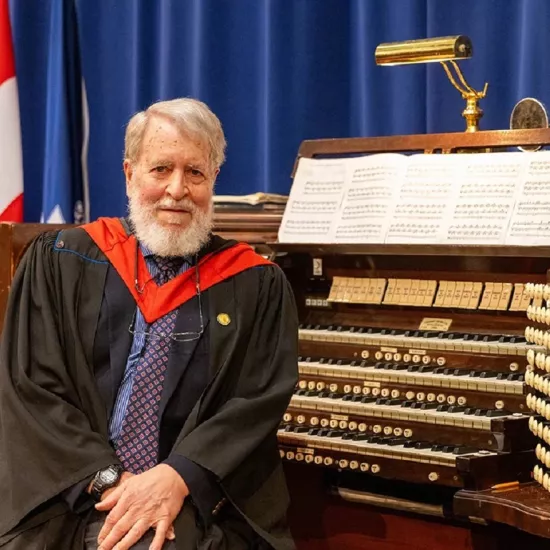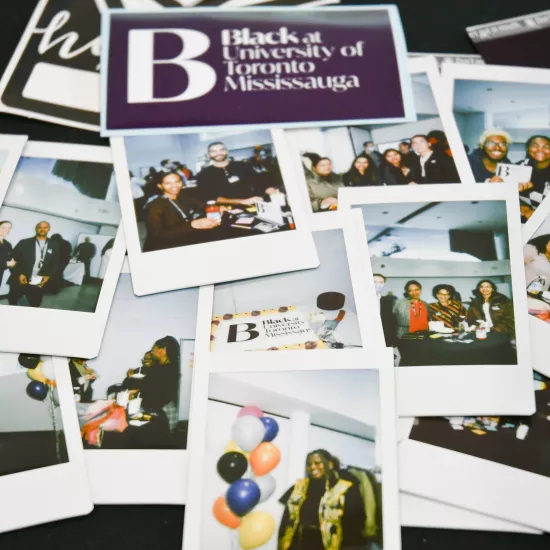UTM profs receive Early Researcher Awards

A diverse range of projects from UTM will receive a total of $700,000 from the Ontario government to support their research areas.
The recipients for the 2015 ERAs come from the Departments of Biology, Chemical & Physical Sciences, Geography and Psychology.
Professor Yuhong He, one of this year’s recipients from UTM’s Department of Geography, will use the funds to target an area of particular concern to residents of Ontario: the invasive Emerald Ash Borer beetle, which has reached near epidemic proportions with the significant depletion of ash-tree populations in this province. She is aiming to develop a long-term, unmanned aerial vehicle based monitoring system to track the ash-borer invasion that might also be applicable to other invasive species management initiatives. The project will provide training for six lab members that include an MSc student, two PhD students, a postdoctoral fellow and two undergraduate research assistants.
“I am so delighted to be a recipient of a 2015 Early Researcher Award,” says Professor He. “It will allow me to conduct cutting-edge research in remote sensing, and also enables me the opportunity to expand my research group.” Professor He noted that a pilot project supported by the UTM Research and Scholarly Activity Fund was key to securing the ERA award.
The other UTM ERA recipients and their projects for 2015 are:
- John Ratcliffe (Biology), Echoes and Light: Audiovisual Integration and Sensory Dominance in Bats
- Marc Laflamme (Chemical & Physical Sciences), Ediacaran Fossils from Iran and the Dawn of Animal Life
- Joshua Milstein (Chemical & Physical Sciences), Revealing the Biophysical Mechanisms that Transform Bacteria into Pathogens
- Melissa Holmes (Psychology), Understanding Plasticity in the Adult Social Brain.
The ERA funding program, sponsored by Ontario’s Ministry of Research and Innovation, aims to retain and attract exceptional research talent. The annual program provides support to researchers, who are no more than five years into their independent academic research careers, to build their teams of undergraduate and grad students, postdoctoral fellows, technicians, research assistants and associates.



